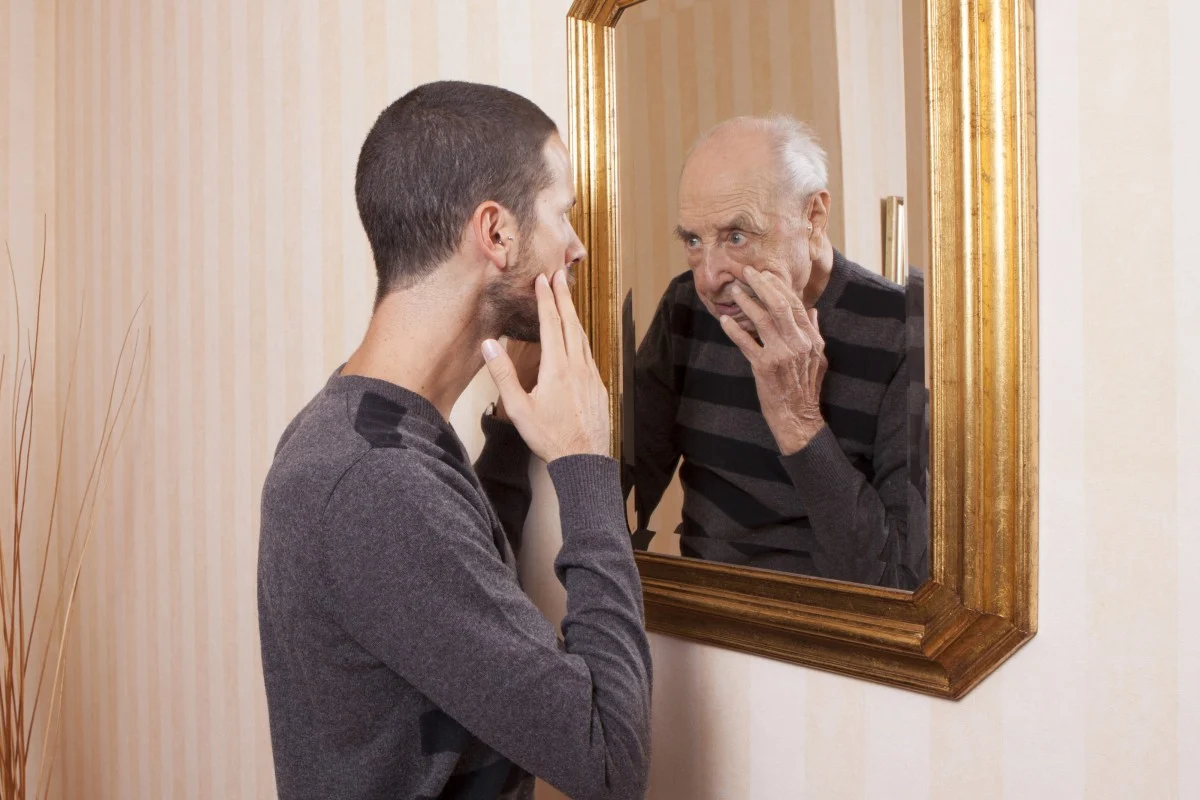Millennials, born between 1981 and 1996, are facing a unique health crisis. Despite being more health-conscious than their predecessors, they are witnessing a faster decline in their health as they age. This alarming trend was highlighted in a 2020 study by Blue Cross Blue Shield in the United States and is echoed by health experts globally.
Faster Health Decline in Millennials
According to the study, millennials are experiencing deteriorations in both physical and mental health. Conditions such as hypertension, high cholesterol, depression, and anxiety disorder are becoming more prevalent in this generation compared to their parents at the same age. This pattern is observed not only in the United States but also in Asia.
Korean Millennials at Risk
In South Korea, experts like Professor Jung Hee-won from Asan Medical Centre in Seoul warn that millennials are on track to age faster than their parents. Factors contributing to this include processed food consumption, physical inactivity, stress, poor work-life balance, and financial difficulties. Obesity and “skinny fat” conditions, where individuals have high body fat and low muscle mass, are increasingly common, accelerating the aging process.
Hong Kong Millennials and Health Awareness
A similar trend is observed in Hong Kong. Adjunct Associate Professor Au Yeung Tung-wai from the Jockey Club Institute of Ageing at the Chinese University of Hong Kong notes a rise in age-associated conditions like obesity and diabetes among millennials. The shift towards a sedentary lifestyle and overreliance on social media is exacerbating these issues. Despite millennials being aware of the importance of health, many struggle to maintain a healthy lifestyle.
Strategies for Healthier Aging
To combat accelerated aging, experts suggest focusing on lifestyle changes. This includes increasing mobility through regular walking, addressing medical issues through preventive measures, focusing on mental health, and prioritizing life goals. Building muscle mass is also crucial for reducing the risk of age-related diseases and injuries.
Singapore’s Approach to Promoting Healthy Aging
Singapore’s proactive approach in creating a healthy aging environment is commendable. The government’s efforts in public awareness, infrastructure development for physical activities, and nutritional policies serve as a model for promoting healthier lifestyles. These include walking trails, cycling tracks, exercise equipment in parks, and nutritional labeling on food products.
Personal Health Practices
Health experts advocate for personal health practices such as regular exercise, resistance training, and a balanced diet. Incorporating elements like the Mediterranean diet, fresh berries, and vitamins can significantly improve overall health and well-being.
Conclusion
The trend of accelerated aging among millennials is a growing concern. However, through a combination of individual efforts and societal support, such as those seen in Singapore, it is possible to reverse this trend and ensure healthier aging for future generations.
READ MORE:
